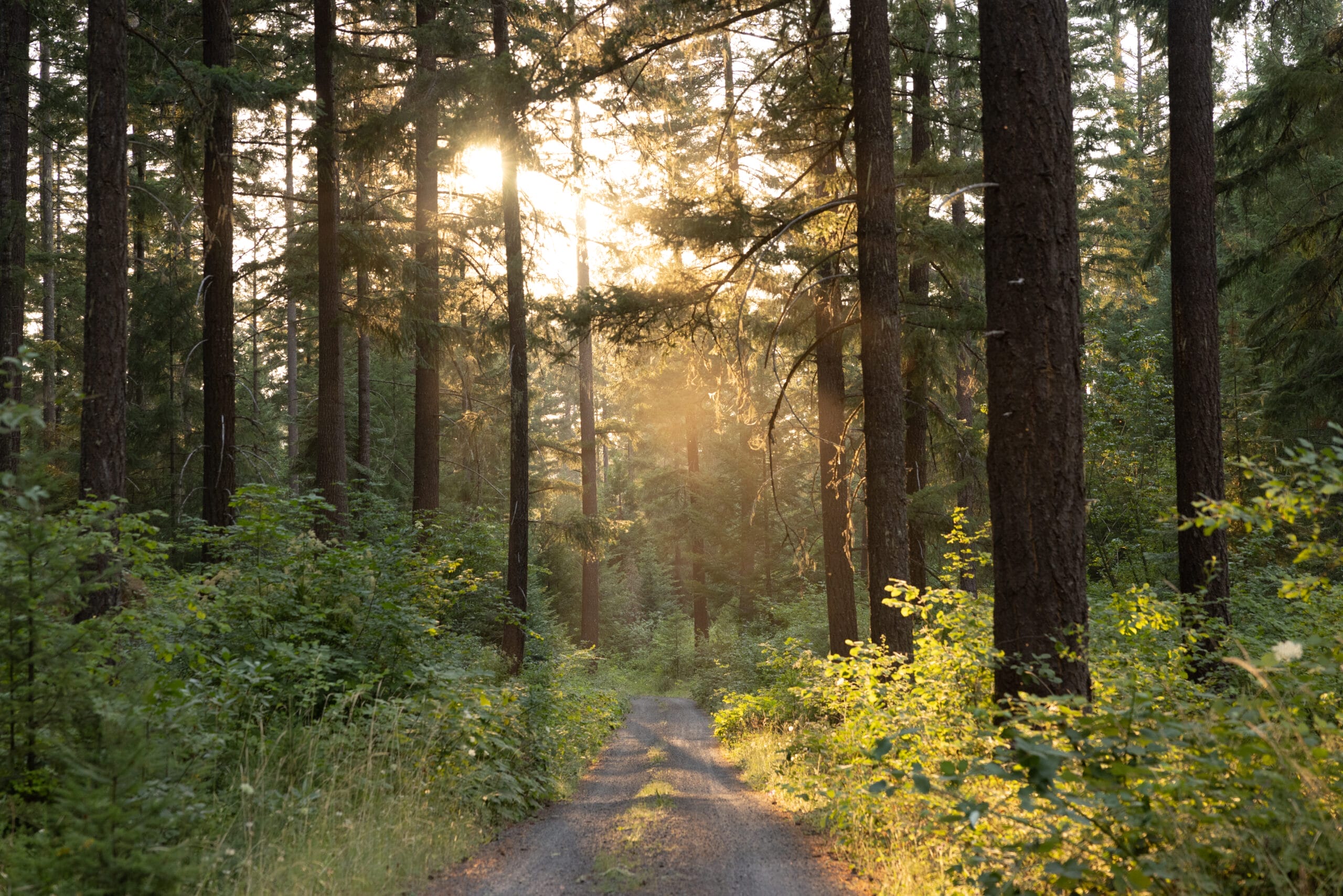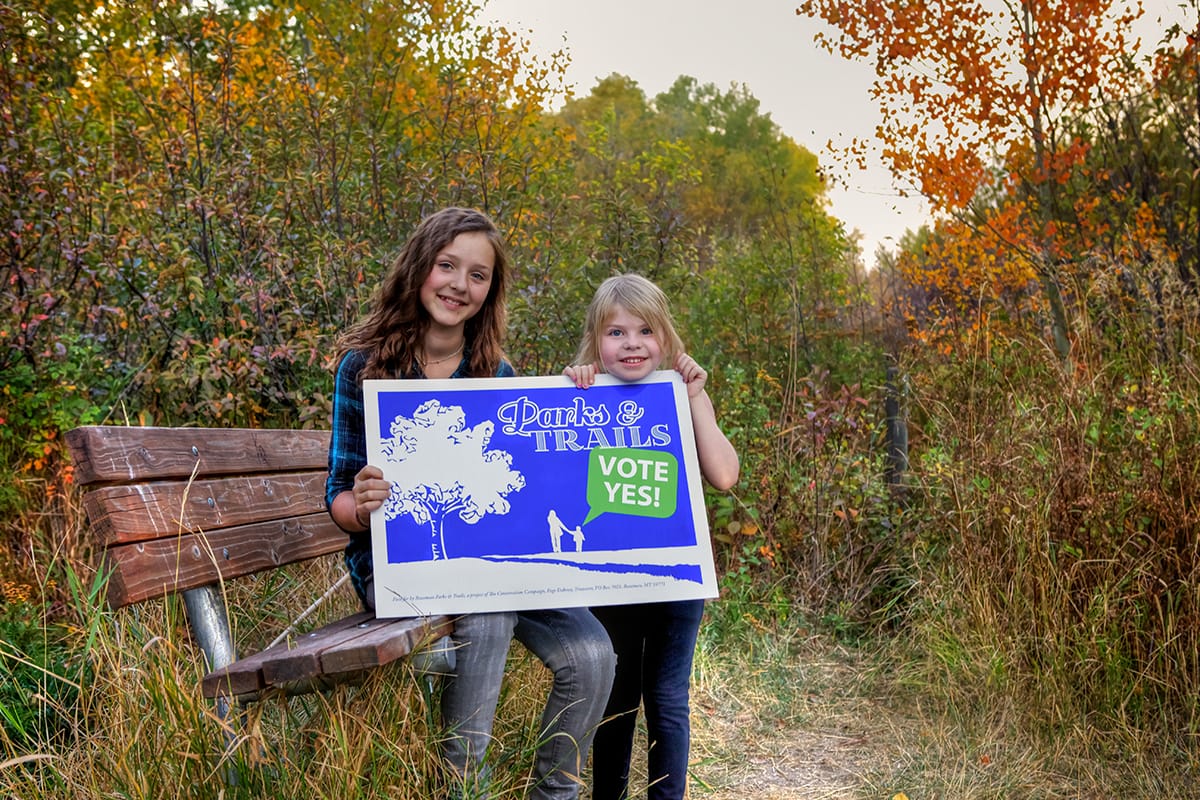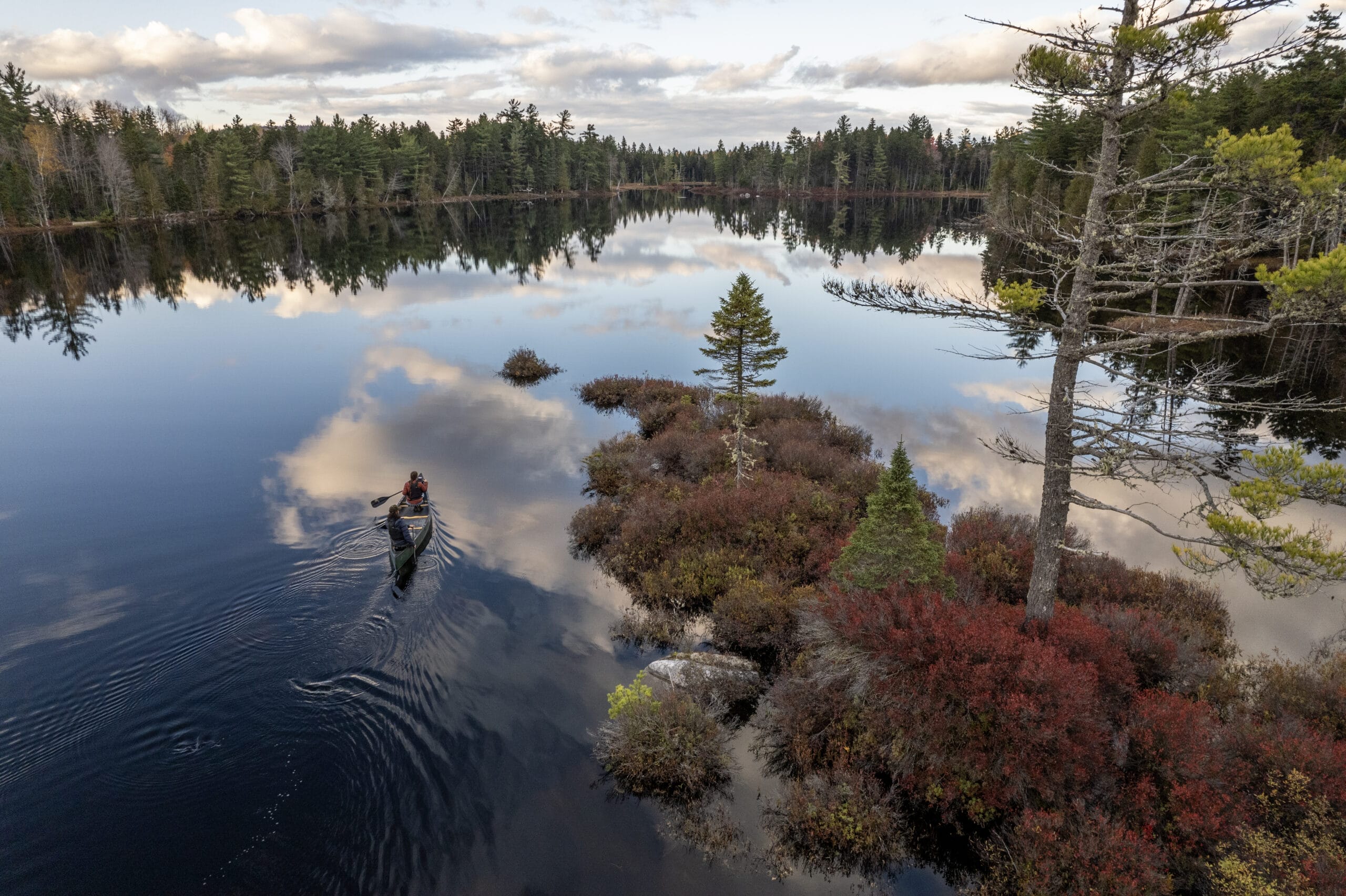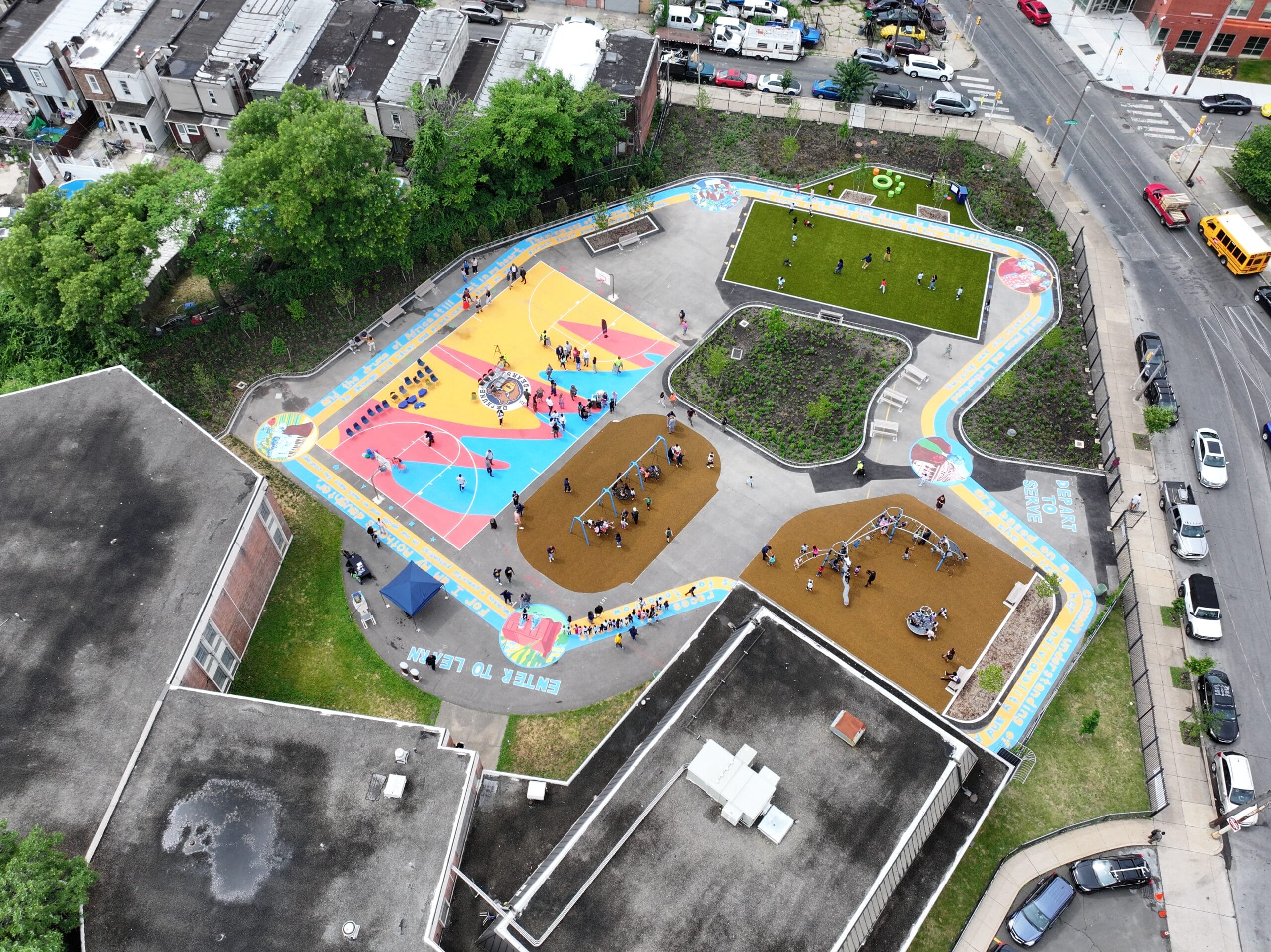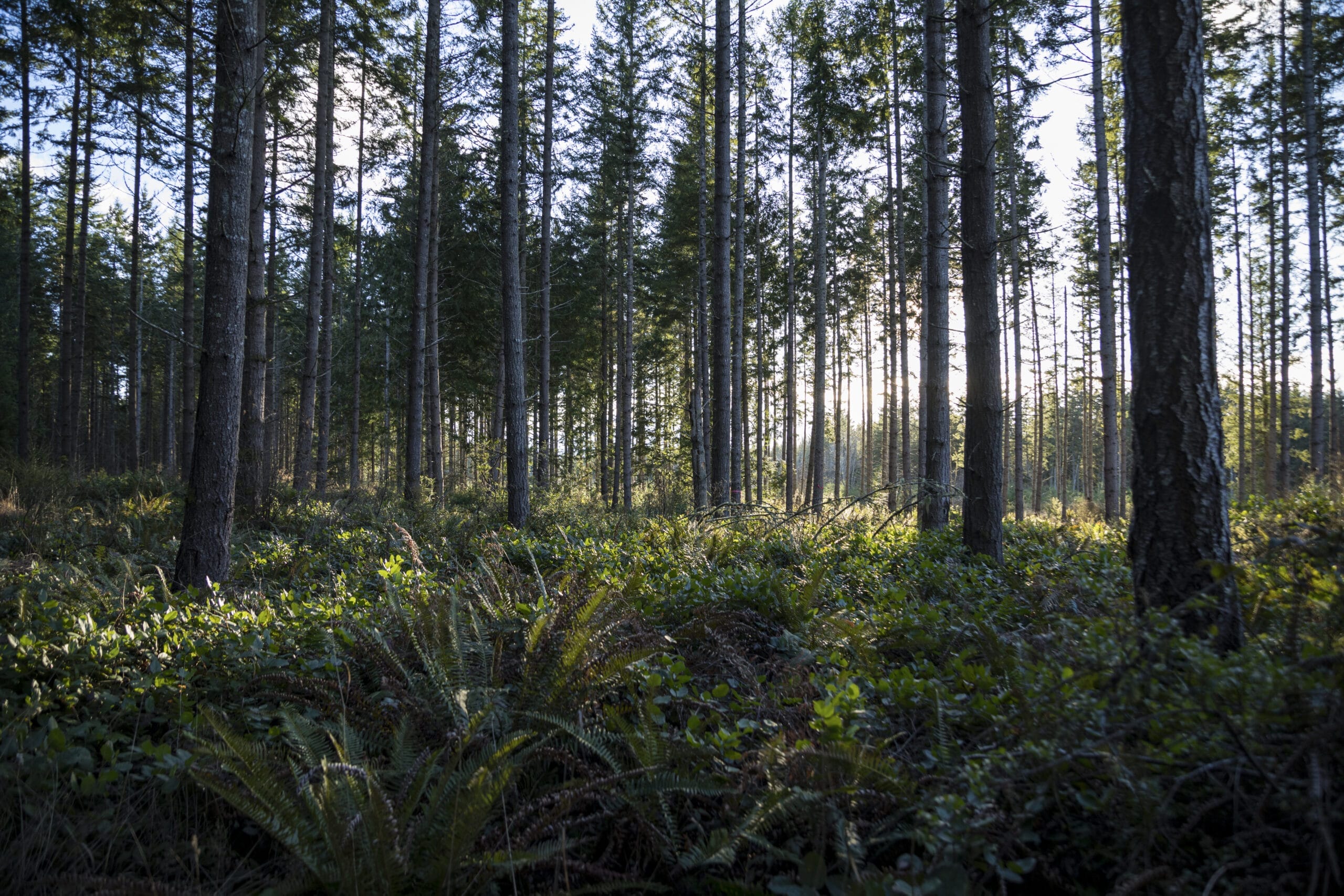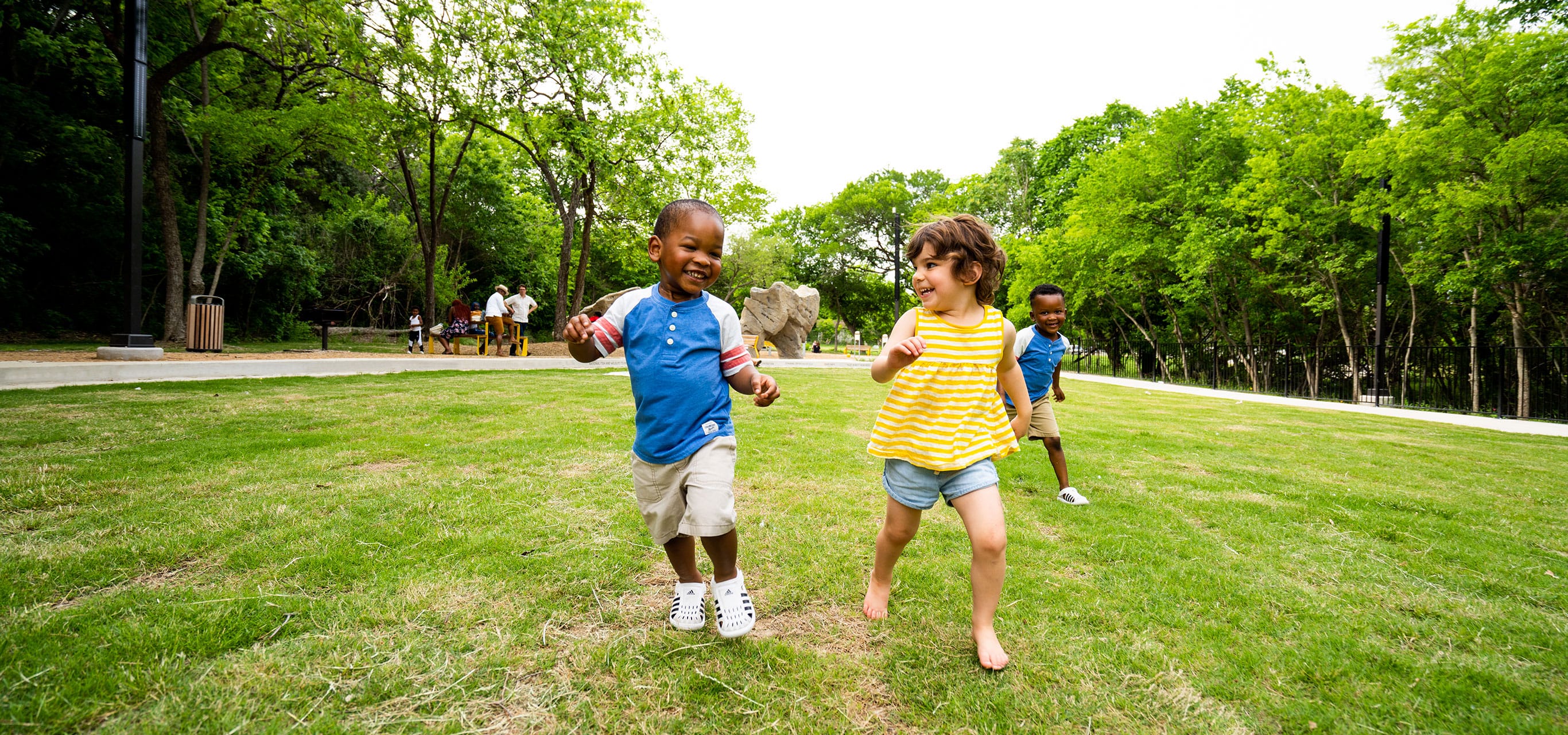
7 ways nature nurtures us
7 ways nature nurtures us
You’d probably agree that getting outside does people good—but do you ever wonder why that is? Many scientists have attempted to answer that question, designing a variety of experiments to try and measure the benefits of spending time in nature. We may never know all the reasons the outdoors gives us such a boost, but research suggests heading to the park to start feeling …

1. Healthy
A University of Chicago study looked at satellite imagery and urban tree counts alongside socioeconomic and public health data. When they ran the numbers, they found that 10 more trees on a city block produced better health outcomes equivalent to giving residents a $10,000 bump in household income, or making them seven years younger.

2. Smart
In an experiment at the University of Michigan, participants took memory and attention tests after strolling in a botanical garden and along city streets. The nature walk improved their results as much as 20 percent, while the sidewalk version had no effect. The research found that even looking at nature imagery had a positive effect on concentration. (Though of course, we’d all prefer to actually get outside.)

3. Resilient
A study by Roger Ulrich analyzed the effect of natural scenery on patients recovering from gallbladder surgery. In a sampling of 46 subjects, 23 had windows that faced a brick wall, while the other 23 recovered in rooms overlooking a stand of trees. Those confronted with an expanse of brick requested narcotics at a higher rate, complained more, and spent longer in recovery than those with the leafy vista.

4. Compassionate
In an experiment on the UC Berkeley campus, subjects were asked to spend time either looking at the façade of a science building or standing in eucalyptus grove. A few moments later, an accident was staged in which a passerby tripped and dropped a handful of pens. Subjects who had spent time in the stand of trees spent more time helping pick them up than those who’d been staring at concrete.

5. Clear-sighted
Researchers at Ohio State University tracked the development of myopia—difficulty seeing distant objects—in a group of 500 children. Though nearsighted parents often pass their poor vision on to their offspring, the study found that the children who spent more than 14 hours a week outdoors were three times less likely to need glasses.
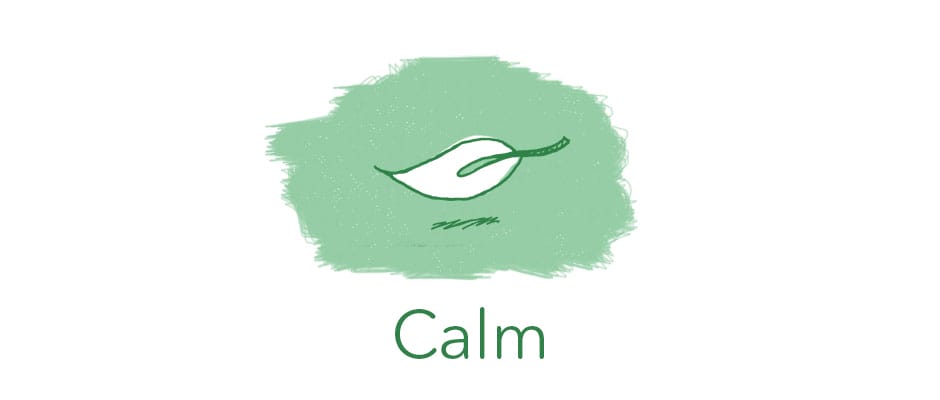
6. Calm
In collaboration with Outward Bound, psychologist David Scheinfeld followed the long-term effects of the program on more than 200 combat veterans who joined mountaineering and backpacking expeditions. The trip participants reported feeling calmer and having a stronger sense of purpose—and were more likely to seek professional help when needed.

7. Mindful
Researchers at Stanford University have hypothesized that wonder—how you might feel standing at the rim of the Grand Canyon or beneath a giant redwood—can expand our sense of time. One set of participants in their study watched a video of people awe-struck by natural landscapes—while the other set watched footage of people having fun at a parade. Those who’d seen images of natural landscapes were more likely to agree with statements like “Time is boundless” and “I have lots of time in which I can get things done.”
How does nature nurture you? Join the conversation on Facebook, or leave us a comment here!
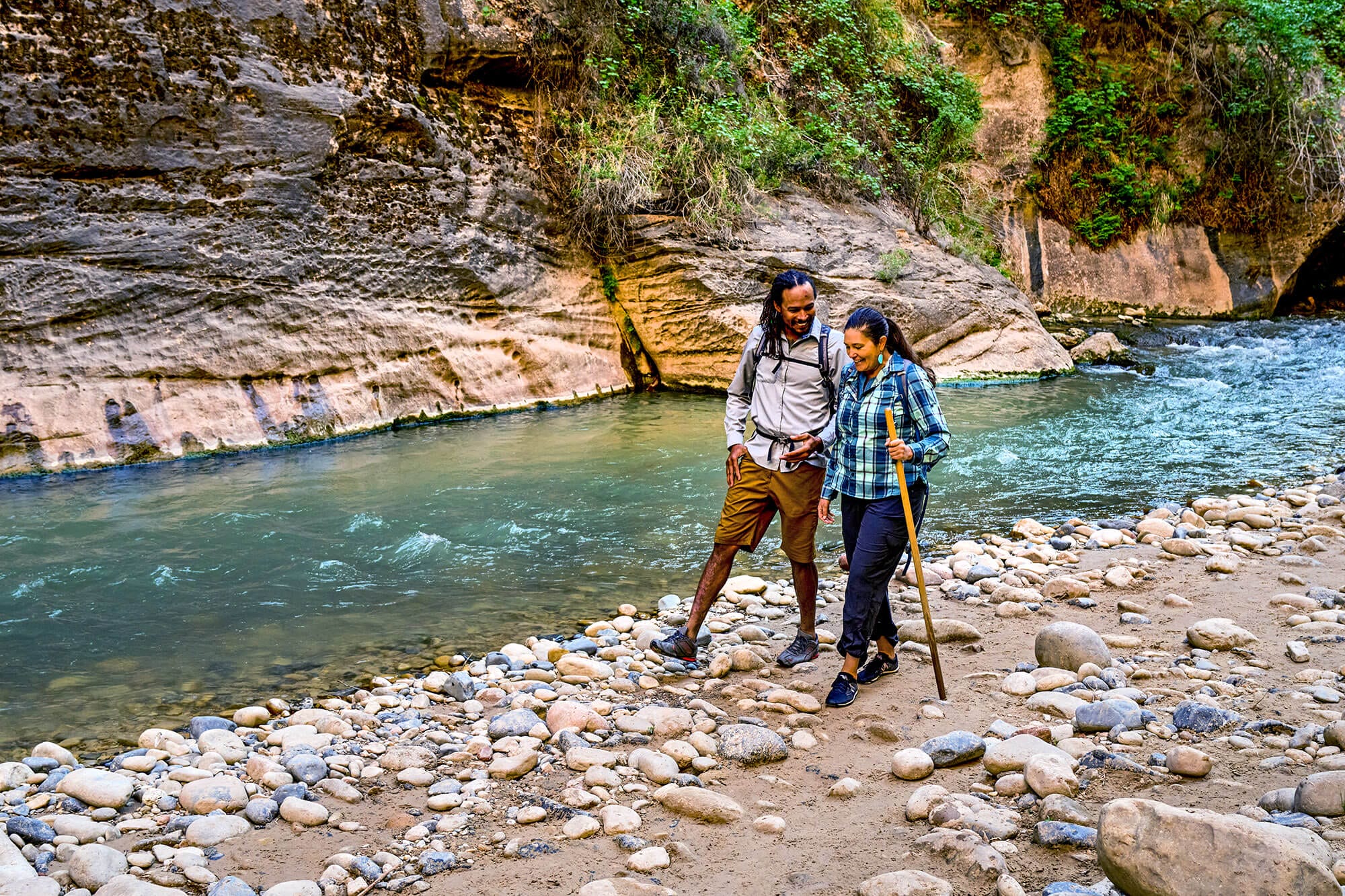
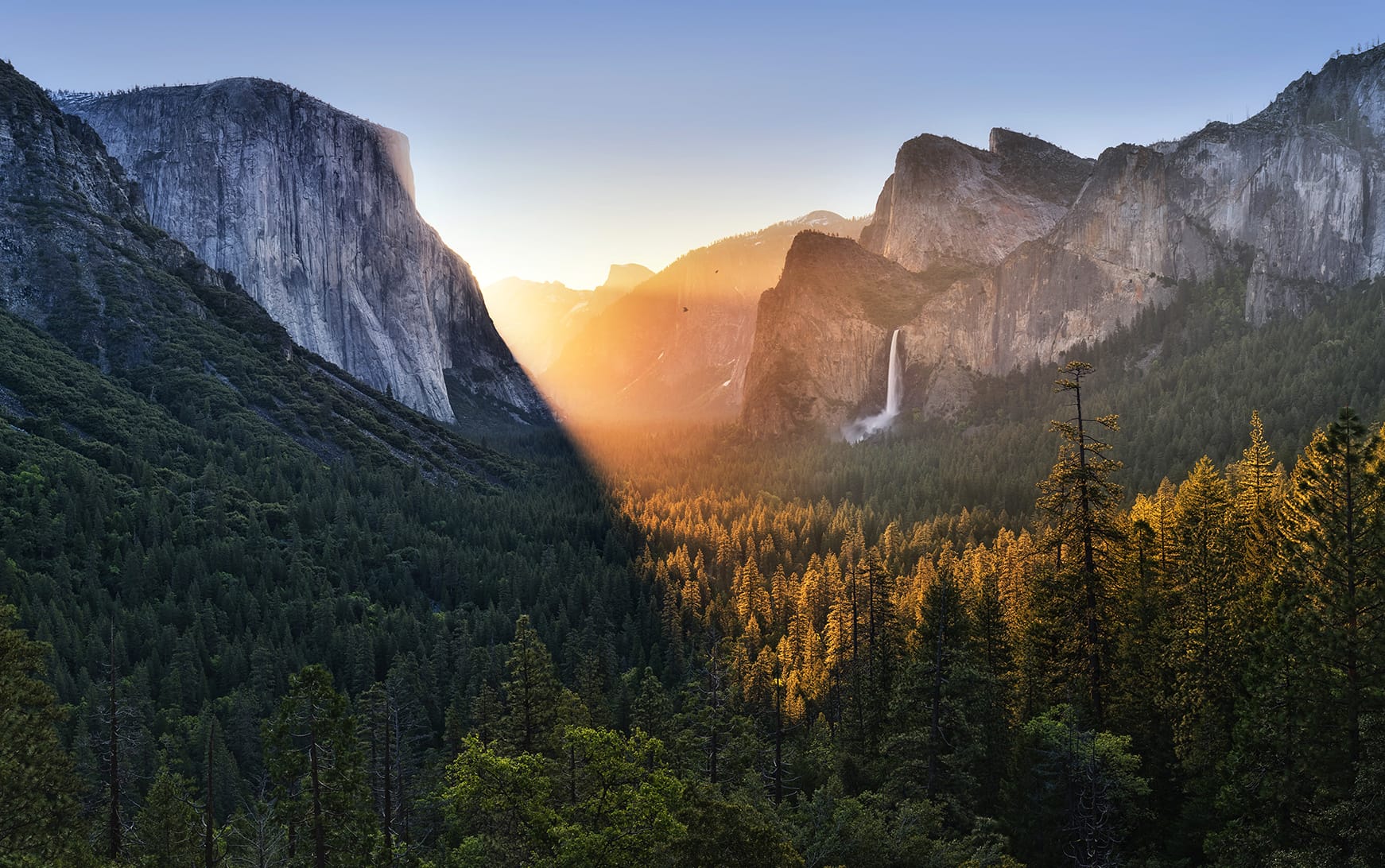
Donate to become a member, and you’ll receive a subscription to Land&People magazine, our biannual publication featuring exclusive, inspiring stories about our work connecting everyone to the outdoors.
See how our supporters are helping us connect people to the outdoors across the country.


